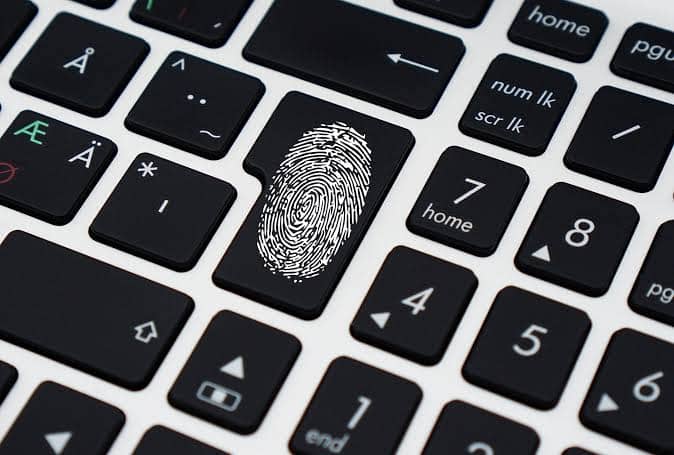
Nobody enjoys taking the time to make a secure password. I much prefer to remember it, much less make one for each website and application visited. Fortunately, according to Google, the future does not appear to include passwords. To carry out this strategy, which is to make the phone the master key to access devices, websites, and apps, there is a strong partnership between technological corporations.
Apple, Google, and Microsoft are three of the most well-known technology companies in the world. They’re the three big names in tech who wish to live in a world without passwords. You may already be logged in to Microsoft without it. If you have a Windows PC, you can sign in without entering your password by using the Microsoft Authenticator app on your smartphone. Apple and Google have it easier, too, because they have a powerful ally in the form of the Internet.
Biometrics, thank you. Biometrics on mobile phones, such as Face ID and Touch ID on the iPhone and a fingerprint reader on the Android (facial recognition systems exist, but there are no APIs to incorporate them into the system), allow access without a password. Google has already predicted that unlocking the phone using biometrics will suffice to sign in to the computer, Google Chrome, or a PC programme. Apple already allows you to unlock your Mac with your Apple Watch, so extending similar functionality to the iPhone would be straightforward. It’s all thanks to FIDO.

So, what exactly is FIDO? Apple, Google, and Microsoft collaborated with FIDO to make this scenario safe and unified without the use of passwords. For more than a decade, the Fast Identity Online Alliance has worked to abolish passwords through a collaboration of Internet companies, government organisations, and service providers.
This is a standard for authentication. The use of a standard is ensured by the fact that all major IT companies are members of the FIDO alliance. This standard establishes baseline security requirements for credential storage, authentication systems, and their application on various websites and apps.
There were no passwords, period. According to Google, this initiative will be completed in 2023, and while it will eliminate the need for passwords when accessing websites, apps, and PCs, it does not indicate that passwords will be eliminated entirely. A PIN or password is required as an alternate technique to protect a mobile phone using biometrics (in case the fingerprint or face does not work at a certain time). We keep passwords but never delete them.

What if my phone gets stolen from me? They’ll have to figure out how to unlock it, which isn’t simple these days. You are safe if it needs to be formatted to be accessed, because formatting disables your account. If they can force it with the access data, the situation becomes more problematic because your other devices might theoretically be accessible by logging in from your phone.
“123456” has left us. The password paradigm had to shift. The most popular are still the most basic, with ‘123456’ and ‘123456789’ ranking first and second, respectively. Biometrics compels us to utilise a more secure, personal, and non-transferable means of authentication. It, like any other security system, can be hacked, but it clearly foreshadows a future in which obtaining our keys will be impossible.
